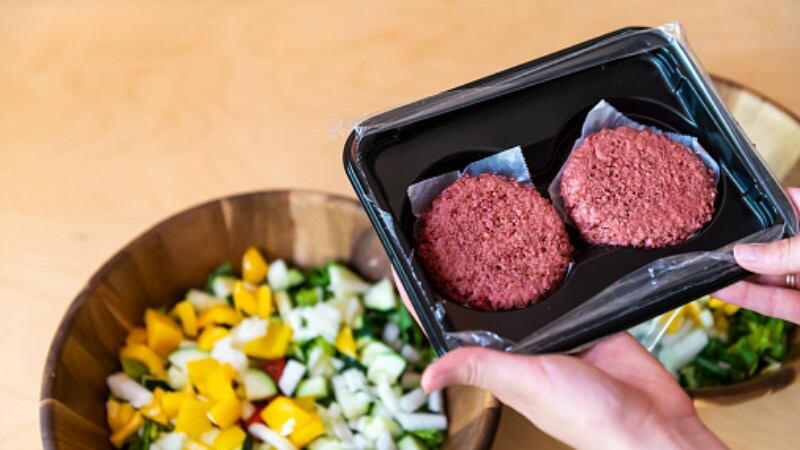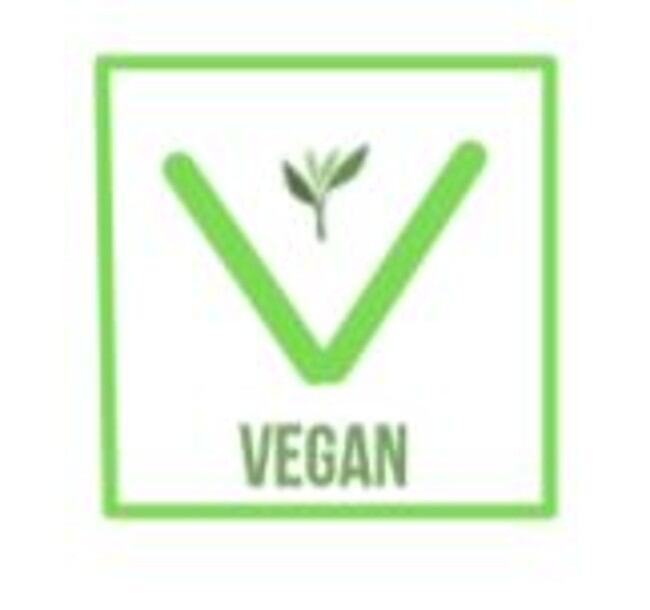‘Samples Only’: Philippines FDA sets strict import guidelines for unregistered food products used for R&D
The Philippines Food and Drug Administration is implementing new strict import guidelines for food and beverage items that manufacturers want to use for R&D.
The new guidelines mandate food firms that are importing food and beverage items which are not registered or approved by the local authority to secure a specialised form of import permit, which will specify said products as ‘Samples Only’.
“The application for this permit will only be entertained for food manufacturers/importers with food manufacturing or processing activities, food distributors engaged in imports for R&D purposes and so on – it will not be applicable for firms looking to perform market testing to consumers,” the Philippines FDA stated via formal documentation.
Too much sugar focus: ‘More measures’ needed for Singapore’s Nutri-Grade system to improve consumer diets – study
A recent study conducted by Singaporean researchers on the government’s Nutri-Grade front-of-package (FOP) beverage labelling scheme has concluded that more work needs to be done for it to make a positive impact on consumer dietary and purchasing choices.
Singapore first announced the Nutri-Grade labelling scheme for sugar-sweetened pre-packaged beverages back in 2020, and this was finally officially enforced in the country in December 2022 after various delays attributed to COVID-19.
Biotic regulation: Indonesia launches strict microorganism content standards for general processed foods
The Indonesian food safety authority has published a set of strict standards to govern the presence of microorganisms - including probiotics – in general processed foods and beverages such as yoghurt or kombucha.
Fermented foods that contain the presence of microorganisms believed to confer health benefits, e.g. probiotics to boost immunity, have been increasing in popularity amongst consumers in recent years, including in many South East Asian countries such as Indonesia.
The majority of these fermented foods come in processed form, such as packaged yoghurts and bottled kombucha, and in order to ensure that these foods remain safe for public consumption, the Indonesian National Agency of Drug and Food Control (BPOM) recently issued a new set of standards that all manufacturers of foods containing live microorganisms are mandated to adhere to.
South Korea plans to remove restrictions on protein manufacturing methods in view of sector boom
South Korea is planning to remove the restrictions on methods in manufacturing protein Health Functional Food, as the sector sees a boom in new production techniques and types of raw materials used.
The Ministry of Food and Drug Administration (MFDS) announced the proposed changes, made to the Standards and Specifications for Health Functional Foods, this month.
Knowledge block? New rules for internet advertising of health foods in China from 1 May 2023
China’s State Administration for Market Regulation (SAMR) is implementing stringent new rules on the advertising of health foods, Foods for Special Medical Purposes (FSMPs), and medical devices from May this year.
It comes after SAMR announced the Measures on the Administration of Internet Advertising (互联网广告管理办法) which consisted of 32 measures.
One of the newly added measures is that the sharing of knowledge on health and wellness in an attempt to advertise health foods and FSMPs on the internet is prohibited.





